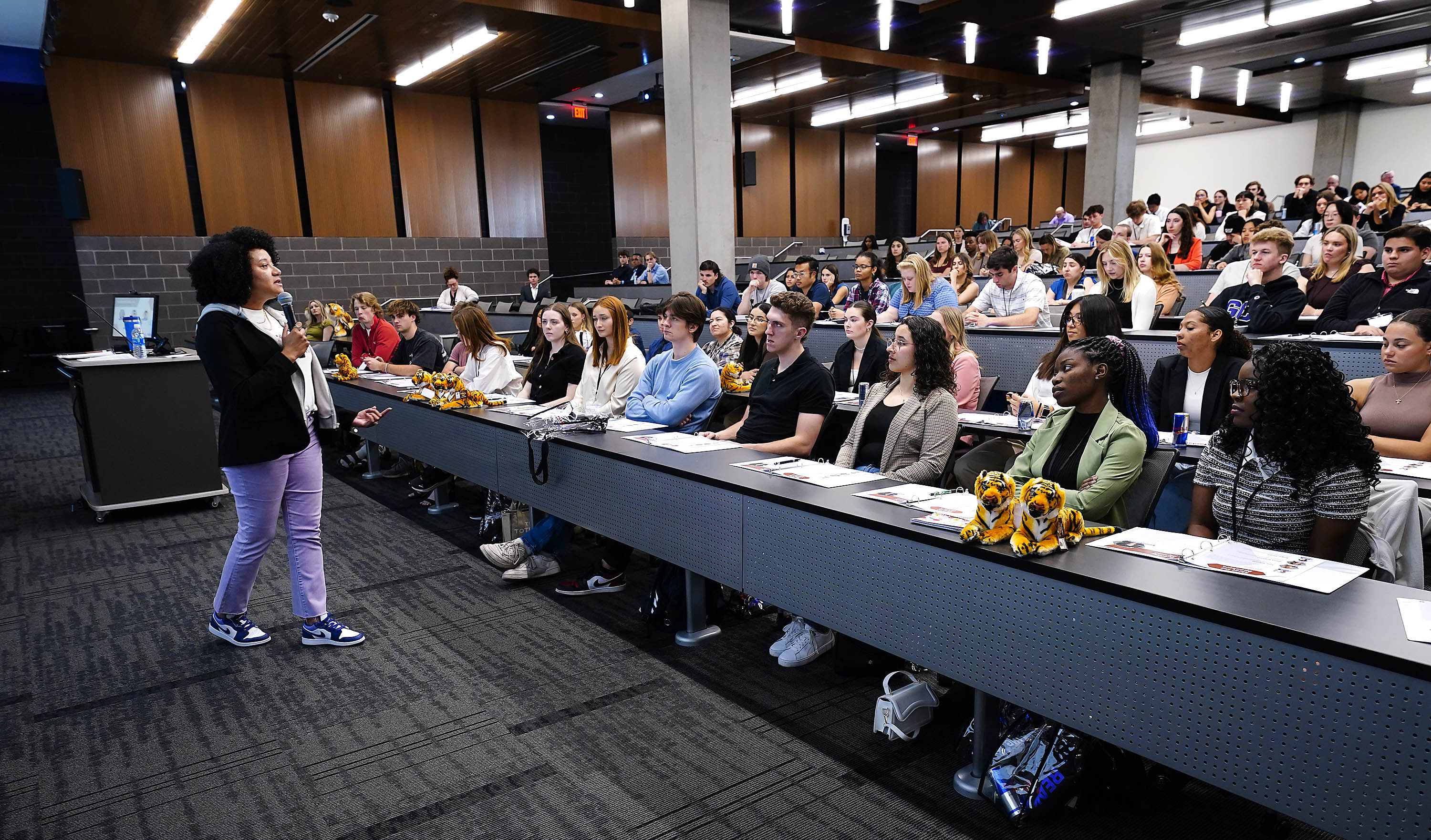
By Connie Colbert
GCU Director of Health Services
Have you ever considered how much time you and your family spend watching screens? From our phones and gaming systems to our PCs and TVs, screens are everywhere. They are in our offices, bedrooms, living rooms, outdoor spaces, cars, pockets, bathrooms and purses.
While these devices can be helpful in our everyday life, too much of them also can cause problems.
Screen time in the United States has drastically increased since the pandemic. Before COVID-19, the average screen time for adults in the United States was 11 hours per day, but since 2019, the average screen time has soared to 19 hours per day, according to reidhealth.org.
The effects of this increase can have physical and mental health consequences.
According to a study on PubMed.gov (2018), “Excessive screen time is associated with poor sleep and risk factors for cardiovascular diseases, such as high blood pressure, obesity, low HDL cholesterol, poor stress regulation … and insulin resistance.”
The same study also found impaired vision and reduced bone density as a health concern because of excessive use of digital media.
On top of the physical health issues, we often disengage from someone who is important and focus on the text, movie, email or social media post. We often find ourselves sucked into the virtual world and forgetting the world around us.
What are you missing out on? A relationship with a child or significant other, exercise or hobbies.
We can gain many health and wellness benefits by putting the phone down, limiting screen time and focusing on life.
Maintaining healthy habits can be hard when you spend a lot of time using screens. By cutting down screen time you can improve your physical health by:
- Preventing obesity and conditions linked to excess weight. Such conditions include Type 2 diabetes and heart disease.
- Freeing more time for exercise and play. You may find that you can use physical activity to fill new gaps in your schedule.
- Getting more sleep. The light emitted from your phone or computer can alter your sleep cues and trick your brain into thinking it is not time to sleep. People who watch more TV tend to have a harder time falling or staying asleep. They can feel tired and snack more often to make up for lost hours of sleep.
- Cutting calories and unhealthy eating habits. Snacking or eating meals in front of the TV can cause mindless eating, causing you to eat larger portions. When you eliminate distractions, you pay more attention to your body and its signals when it's full.
- Preventing chronic neck and back pain. Too much screen time can lead to poor posture, causing chronic neck, shoulder and back pain.
- Preventing vision issues. Looking at a screen for an extended time can cause “computer vision syndrome.” The symptoms include strained, dry eyes, blurred vision and headaches. It also can lead to retina damage, which could permanently affect your sight. Use the 20-20-20 rule. For every 20 minutes of looking at a screen, take a 20-second break and look at something 20 feet away. This can help decrease the effects of prolonged screen time.
- Allowing more time for play and creative activities. This can result in better face-to-face social skills. Putting down your phone and going outside or doing an activity you enjoy also can be a mood booster.
- Building community and being a part of your surroundings. Doing so can help you feel connected, thus improving your health.
Some additional suggestions:
- Take regular breaks and stretch.
- Stand up, sit less.
- Pay attention to your posture.
- Find events in your community. Time spent using devices can instead be used for volunteering, joining a sports team or connecting time with a spiritual group.
Technology is certainly useful and necessary in many instances, but monitor your screen time and find ways to limit those hours. Take a break and enjoy the life around you! Your body will reward you with improved health.
Reference: Pubmed.gov














































